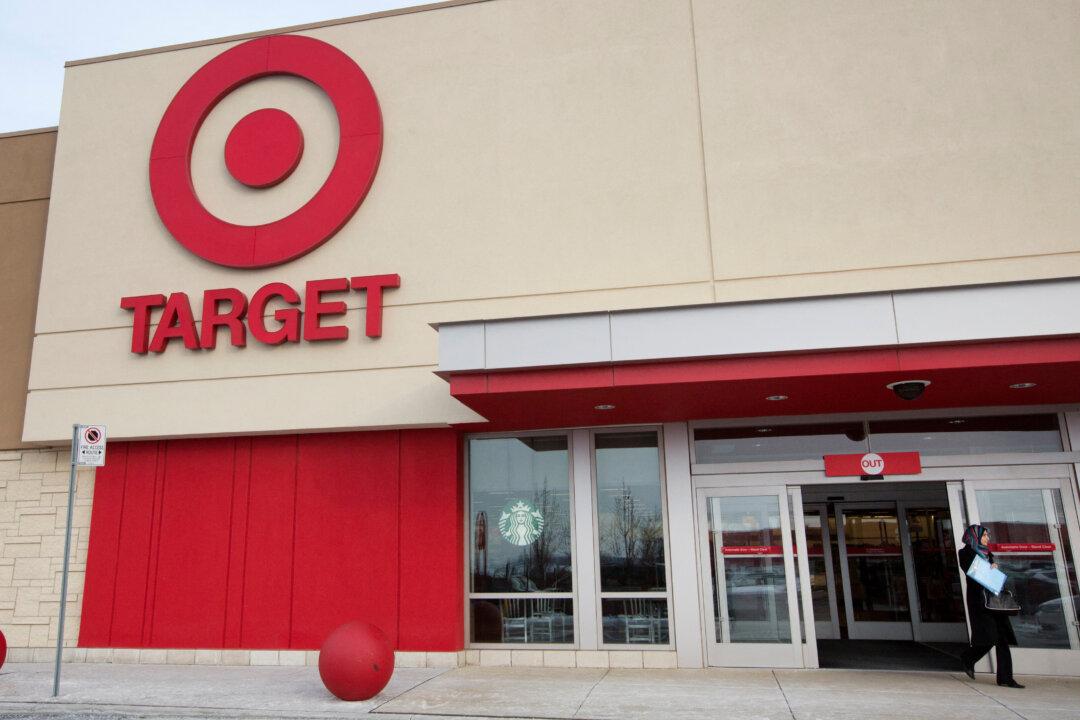Target is expected to post its first quarterly drop in revenue in about six years when it reports results on Wednesday, as the big-box retailer reels from a shift in consumer spending away from discretionary goods to services.
In recent months, consumers have been spending more on services such as travel and entertainment, while cutting down on non-essential purchases including clothing and home goods amid high inflation.





